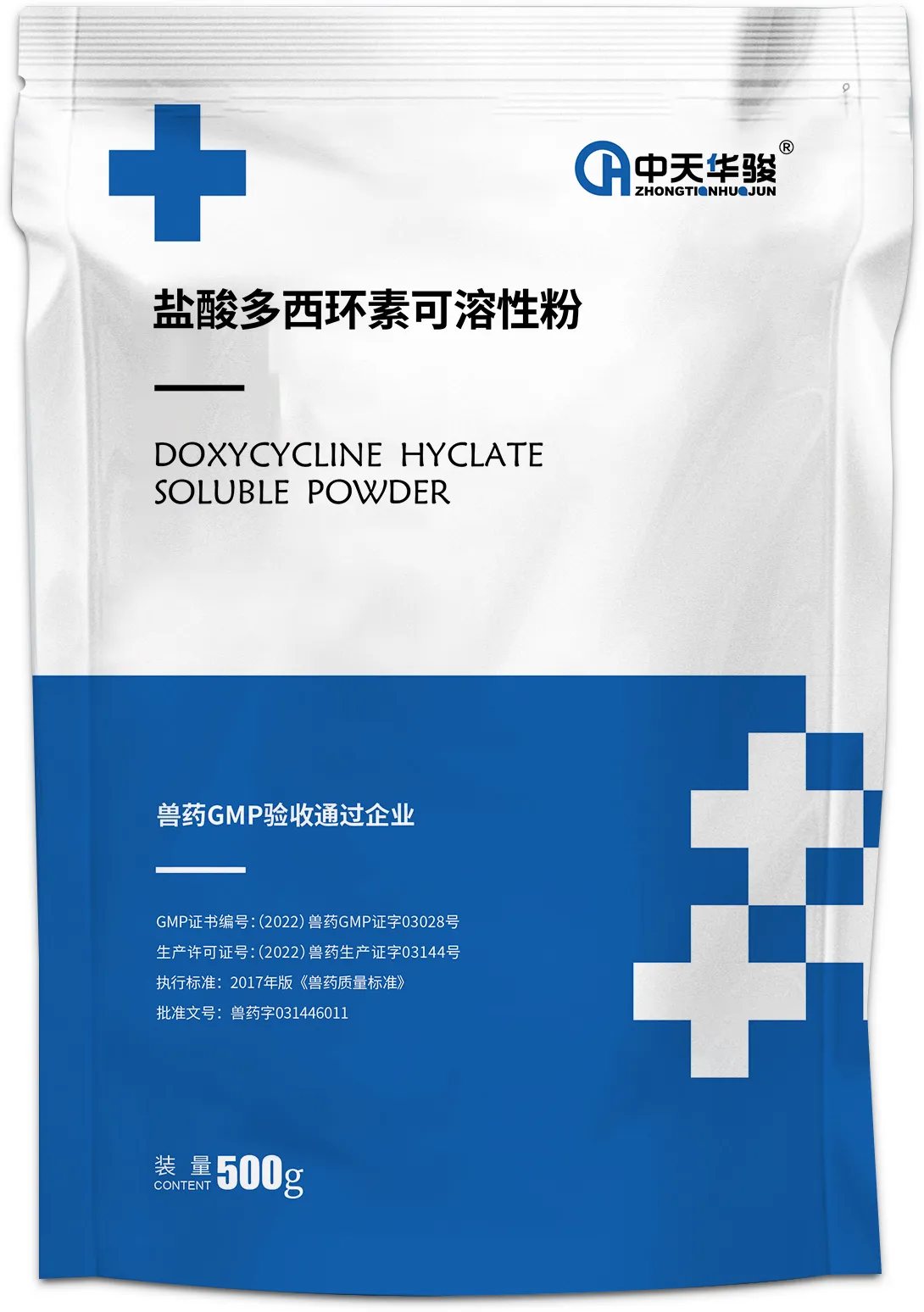
Dec . 17, 2024 03:17 Back to list
bacillus licheniformis probiotic factory
The Role of Bacillus Licheniformis in Probiotic Production A Modern Solution for Gut Health
In recent years, the popularity of probiotics has surged, driven by increasing awareness of gut health and its impact on overall well-being. Among the myriad of microbes utilized in probiotic formulations, Bacillus licheniformis stands out for its robustness and versatility. This article delves into the significance of Bacillus licheniformis in probiotic factories, highlighting its benefits, applications, and potential in promoting a healthy gut microbiome.
Understanding Bacillus Licheniformis
Bacillus licheniformis is a gram-positive, spore-forming bacterium commonly found in soil and plant materials. This anaerobic organism possesses a unique advantage it can survive extreme conditions such as heat, desiccation, and acidic environments. These characteristics are vital for the development of effective probiotic products, as they ensure the survival of beneficial bacteria during processing and within the gastrointestinal tract.
Probiotic Properties
One of the defining features of Bacillus licheniformis is its ability to produce valuable metabolites, including enzymes, vitamins, and antimicrobial substances. Research has shown that this bacterium can enhance the digestive process by breaking down complex substrates and facilitating nutrient absorption. Its production of certain enzymes, such as amylase and protease, proves beneficial in improving gut health by promoting a balanced gut flora and enhancing digestion.
In addition to its enzymatic capabilities, Bacillus licheniformis also contributes to the immune system. Scientific studies suggest that this bacterium can stimulate immune responses, potentially reducing the incidence of gastrointestinal infections and inflammatory diseases. By modulating the immune system, Bacillus licheniformis acts as a protective agent against pathogenic bacteria, making it an invaluable addition to probiotic supplements.
Application in Probiotic Factories
bacillus licheniformis probiotic factory

The incorporation of Bacillus licheniformis in probiotic manufacturing processes has garnered significant attention. Its ability to form durable spores allows it to survive harsh production environments and retain its effectiveness throughout shelf life. In probiotic factories, Bacillus licheniformis is often cultivated in controlled conditions, where temperature, pH, and nutrient availability are optimized to maximize yield and viability.
Furthermore, the fermentation process employed in probiotic factories can enhance the production of beneficial metabolites by Bacillus licheniformis. By carefully selecting fermentation conditions, manufacturers can produce high concentrations of the bacteria alongside its various bioactive compounds, leading to more potent probiotic formulations.
Health Benefits and Consumer Interest
As consumers become increasingly health-conscious, the demand for effective probiotics is on the rise. Bacillus licheniformis offers numerous health benefits, making it an attractive option for those seeking to improve their gut health. Its application in both dietary supplements and functional foods aligns with current trends in holistic health and wellness.
Moreover, the safety profile of Bacillus licheniformis is another compelling factor driving its use in probiotic products. Recognized by the World Health Organization as a safe microorganism for consumption, it has a long history of use in various food applications, further instilling consumer confidence.
Innovations and Future Directions
The future of probiotics, particularly with Bacillus licheniformis, appears promising. Ongoing research continues to uncover its potential applications beyond gut health, exploring its role in mental health, chronic disease prevention, and even environmental sustainability. Innovations in biotechnology also pave the way for developing more targeted probiotic formulations, combining Bacillus licheniformis with other beneficial microorganisms to create synergistic effects.
In conclusion, Bacillus licheniformis represents a pioneering force in the field of probiotics. Its resilience, health benefits, and versatility make it a key player in modern probiotic factories. As research progresses and consumer interest continues to grow, Bacillus licheniformis is poised to become a staple in the pursuit of better health and well-being, contributing significantly to the future of gut health solutions.
-
Immunovital Fish Feed Factory | AI-Optimized Nutrition
NewsAug.03,2025
-
Quality Bacillus Coagulans BC30 Factory - Expert Production
NewsAug.02,2025
-
China Salivation AI with GPT-4 Turbo Features
NewsAug.01,2025
-
Epic Sepsis Factories: AI-Driven Detection with GPT-4 Turbo
NewsJul.31,2025
-
Acute Salpingitis and Oophoritis AI Factory
NewsJul.31,2025
-
Premium China Bacillus Subtilis Supplier & Factory Solutions
NewsJul.30,2025




